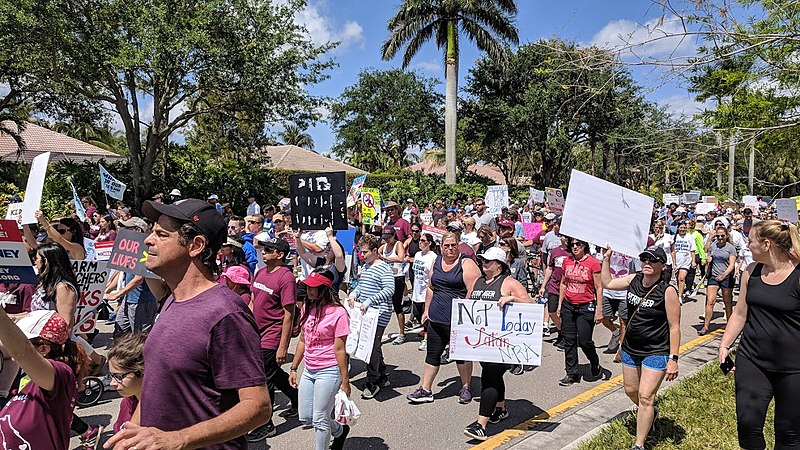On March 24, Florida’s 4th District Court of Appeal sided with gun-rights grassroots organization Florida Carry in Broward County v. Florida Carry, rejecting Broward County ordinances that aimed to regulate firearms in airports and taxis.
Florida Carry brought its lawsuit against Broward County under the assertion that it violated the Joe Carlucci Uniform Firearms Act (1987), which states that any municipal ordinances or regulations as they relate to firearms in Florida are to be considered null and void. This law has served as a protective preemption to dissuade local governments from taking action that would regulate firearms.
According to the Miami Herald, Broward County’s new law prevented citizens from carrying weapons at both Fort Lauderdale-Hollywood International Airport and North Perry Airport as well as banning taxi drivers from carrying weapons.
The Broward Ordinances used the word “weapon” when referring to these regulations, evading any language that would subject the ordinances to preemption by state law. Broward County alleged that Florida Carry could not go to court against the ordinances because it had “not promulgated or caused to be enforced any ordinances purporting to regulate firearms, ammunitions, or components thereof.”
“We find that Broward County may not regulate indirectly what it cannot regulate directly,” wrote Chief Justice Spencer Levine in his concurring opinion, joined by Judge Edward Artau. “The Broward County ordinances clearly regulate guns. Under generally accepted definitions of guns, it is commonly understood that guns are firearms and firearms are guns.”
Judge Robert Gross authored the dissenting opinion, disagreeing with his colleagues on the lines that the ordinances made it explicitly clear that they were referring to “guns” such as spear or stun guns.
“As the County argues, the ordinances apply only to ‘guns’ that are not ‘firearms’ such as spear guns or stun guns,” he wrote. “Indeed, the ordinances do not regulate firearms or 13 ammunition at all. The challenged provisions simply are not applicable to the extent preempted.”
The ruling by the West Palm Beach-based appeals court continues to define the line between what Florida city ordinances can and cannot do as it relates to firearm regulation. Chapter 790 of a 2011 Florida statute threatens punishment for city and county officials who attempt to approve regulations beyond what is accepted by the state.
The 2011 law has become a topic of debate among local governments following the 2018 school shooting at Marjory Stoneman Douglas High School, which killed 17 people. Local governments question the constitutionality of the law and are continuing to push for more power over the regulation of gun laws. The decision of the appeals court to side with Florida Carry in Broward County v. Florida Carry reinforces Chapter 790 of the 2011 statute that limits county interference in gun regulations.
This decision also came days after the March 22 mass-shooting in Boulder, Colorado, that killed 10 people. Public outcry for national gun regulation continues to gain traction, but gun regulation laws have yet to make substantial change in Florida.
Featured image: Students and Parkland residents participated in the first March for Our Lives protest in Parkland, FL on March 24, 2018. Unmodified photo by rmackman used under a Creative Commons License. (https://bit.ly/3mgypKK)
Check out other recent articles from the Florida Political Review here.





